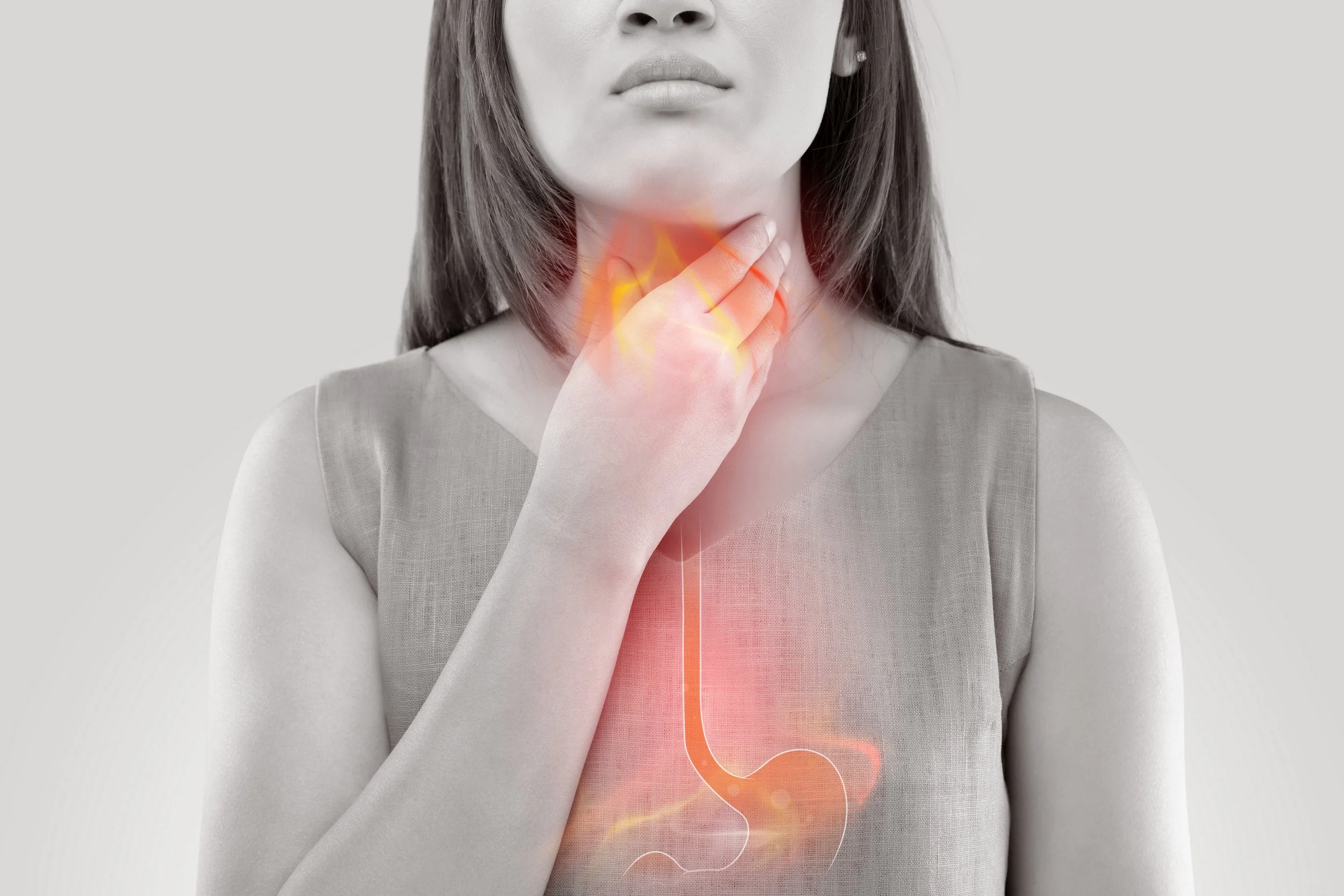About Esophageal Cancer
Heartburn Can Be Deadly: Know the Risks and Protect Yourself
Acid reflux, commonly known as heartburn, is a condition that affects millions of Canadians. It occurs when stomach acid backs up into the esophagus, often causing a burning sensation in the chest.
Most people experience occasional heartburn, especially after eating spicy food or lying down too soon after a meal. In these cases, nonprescription antacids usually provide quick relief.
However, frequent heartburn—occurring daily or weekly—may signal a serious health risk.
FAQs
-
Chronic acid reflux can lead to Barrett’s Esophagus, a condition in which prolonged exposure to stomach acid alters the cells lining the esophagus. According to the Canadian Digestive Health Foundation, individuals with Barrett’s Esophagus face an increased risk of developing esophageal cancer. If you have persistent acid reflux, your doctor may recommend an endoscopy to assess your risk.
-
If left untreated, chronic heartburn can contribute to esophageal cancer. Symptoms may include:
Difficulty or pain when swallowing
Unexplained weight loss
Pain in the throat, chest, or back
Hoarseness or persistent cough
Vomiting
Coughing up blood
-
Esophageal cancer is often linked to adenocarcinoma, a type of cancer closely associated with acid reflux. Other risk factors include:
Age – People over 30 with a history of reflux for 10+ years
Smoking
Gender – Men are more likely to develop esophageal cancer
Obesity
Excessive alcohol consumption, especially when combined with smoking
A diagnosis of Barrett’s Esophagus
A history of other head and neck cancers



